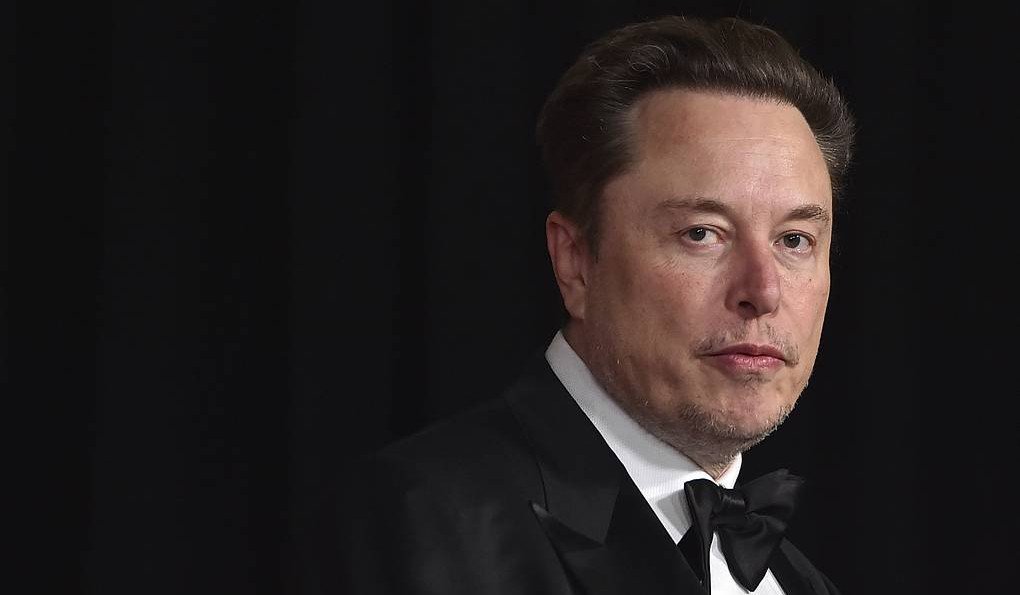Elon Musk’s Alleged $45 Million Monthly Donation Plan Sparks Debate
The media landscape is ablaze with discussions following claims that Elon Musk is planning to donate $45 million a month until the upcoming election with the goal of supporting Donald Trump’s re-election campaign. If true, this would amount to over $150 million by November, raising eyebrows and sparking debate worldwide.
Elon Musk’s Contributions: Fact or Fiction?
Elon Musk, the enigmatic CEO of Tesla and SpaceX, is reportedly planning to contribute a substantial portion of his wealth to influence U.S. political outcomes. The context of this claim, originating from a social media post, has yet to be substantiated by verified sources. Whether the donation is a confirmed fact or not, the discussions surrounding it are worth examining in detail.
The tweet also highlights Musk’s previous investment of $44 billion to transform Twitter into ‘X’, promoting free speech as one of his motivations. Indeed, Musk’s social media interactions and his transformations within the platform have widely impacted how users and critics perceive his actions.
Impact on U.S. Politics
The potential influence of Musk’s purported donations on Trump’s re-election campaign cannot be understated. Political donations on this scale could substantially boost campaign resources, enabling higher outreach and more robust campaigning strategies. However, the ethical implications of such financial contributions raise questions regarding the impact of billionaire influence on democratic processes.
In addition to Musk’s alleged monetary contributions, his social media presence and endorsements may also play significant roles. His vast follower base on platforms like Twitter could amplify his political stances, potentially swaying public opinion.
The UK Perspective
From a UK standpoint, the implications of Musk’s actions stretch beyond mere financial contributions. Observers in the UK, who are accustomed to different political fundraising norms, may view such large-scale financial influence with skepticism. The interplay between wealth and politics in the U.S. context could spur discussions on transparency, equity, and the ethical dimensions of political financing.
Moreover, Musk’s actions indirectly impact global markets. His involvement in high-profile tech and automotive industries means that political stability and policy shifts in the U.S. could have repercussions on international economic landscapes, including those in the UK.
The Cultural Impact
Beyond the political and economic ramifications, Musk’s persona and the narratives around him foster a cultural dialogue about the role of tech moguls in contemporary society. His status as a ‘legend’ in some circles juxtaposes sharply with critiques that question the consolidation of wealth and power. The portrayal of Musk as a benefactor of free speech through his acquisition of Twitter and his support for political figures reveals the complexities of his influence.
The notion of being ‘blessed’ to have figures like Musk steering societal change is not universally accepted. Questions about accountability and the long-term impacts of such concentrated influence remain central to ongoing debates.
Conclusion
The narrative surrounding Elon Musk and his potential $45 million monthly donation to Trump’s campaign illuminates the intersections of wealth, power, and politics. While the veracity of these claims is still under scrutiny, the broader discussions they provoke offer valuable insights into the dynamics of influence in modern society. For UK audiences, observing these developments invites reflection on how similar scenarios might unfold within different political and cultural frameworks.
